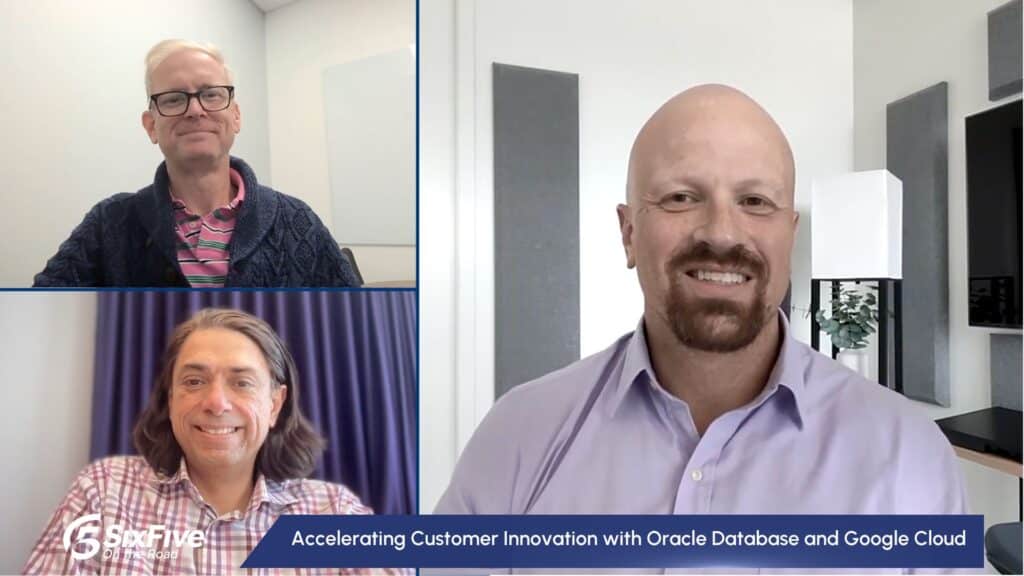It seems like technology changes are accelerating. At least that is the refrain I get from working with IT professionals. The adoption rate of new technology is always slower than what may be expected. The reality is that technology changes are relatively continuous and it seems like there is always something new. The problem for IT is that making a change, whether it is a high-value technology introduction or even something procedural, is difficult and introduces risk. Combine that with the overriding challenge of having enough staff, new technology does not get adopted as quickly as a vendor would expect.
One basic problem is that because IT organizations are so busy and often operating with very limited staff, even keeping up with what the technology change affects and whether applicable for their environment is something that is often ignored. There have been a number of recent technology developments that provide value in the form of better economics such as faster storage (solid state storage technology, NVMe protocol, accelerators, etc.), security improvements (immutable storage, anomaly detection, forensic analysis), changes for greater resiliency, and others. Accordingly, vendors introduce products to customers that deliver these new advances. But, the context for the IT professional – meaning how they would use it and derive value – requires knowledge of both the technology and the current environment to understand how it would be introduced.
Gaining the Expected Business Value from New Technology Goes Beyond Products
To gain the expected value from new technology goes beyond the products. It requires the IT professional to be introduced to the technology with an understanding that goes beyond a single product exploitation. As noted, introducing new technology does require a plan. Putting together a plan needs not only an understanding of the technology but some concept of when it is viable and economical. There are always some new developments that do not meet expectations, may never be delivered, have not reached the expected economics, or just flat-out do not work.
This brings us to the obvious need to “keep up with technology” for the IT professional. They need to be knowledgeable on the technology and its prospects. When deemed applicable and “real”, a plan can be developed to introduce the technology. Along with the plan is an economic justification, usually TCO or ROI, to show the value of making the investment. The IT professional needs to seek out the information necessary for the new technology – beyond just online articles. This is really education with the understanding there is a possibility it will be introduced for operational advantage.
There are opportunities for gaining information that is meaningful (and vendor independent). Conferences that are not sales focused, independent education programs, vendor or reseller sponsored events that are informative but delivered by an independent source, and some engagements for developing longer term strategy would be very useful. This needs to be part of the plan for Information Technology organizations. Usually time, travel, and funding are required and should not be sacrificed. It is up to the IT professional to keep up with technology and understand the value.
How Evaluator Group Can Help
The Evaluator Group has extensive information regarding different technologies for products including Technical Insights, Primary Research, product reviews, comparative information, evaluation guides and the Evaluator Group analyst opinions. An introduction the available information is available on the Evaluator Group website. The material is updated as new technologies and products (and products updates) are released.
Enterprise Technology Strategies | Data Management Experts (evaluatorgroup.com)
In addition, Evaluator Group conducts classes for IT professionals. Current information is available on the Evaluator Group website:
Information Management Trends & Topics | Education | Evaluator Group
Disclosure: Evaluator Group, wholly owned by The Futurum Group, is a research and analyst firm that engages or has engaged in research, analysis and advisory services with many technology companies, including those mentioned in this article. The author does not hold any equity positions with any company mentioned in this article. Analysis and opinions expressed herein are specific to the analyst individually.
Author Information
Randy has written numerous industry articles and papers as an educator and presenter, and he is the author of two books: Planning a Storage Strategy and Information Archiving – Economics and Compliance. The latter is the first book of its kind to explore information archiving in depth. Randy regularly teaches classes on Information Management technologies in the U.S. and Europe.







